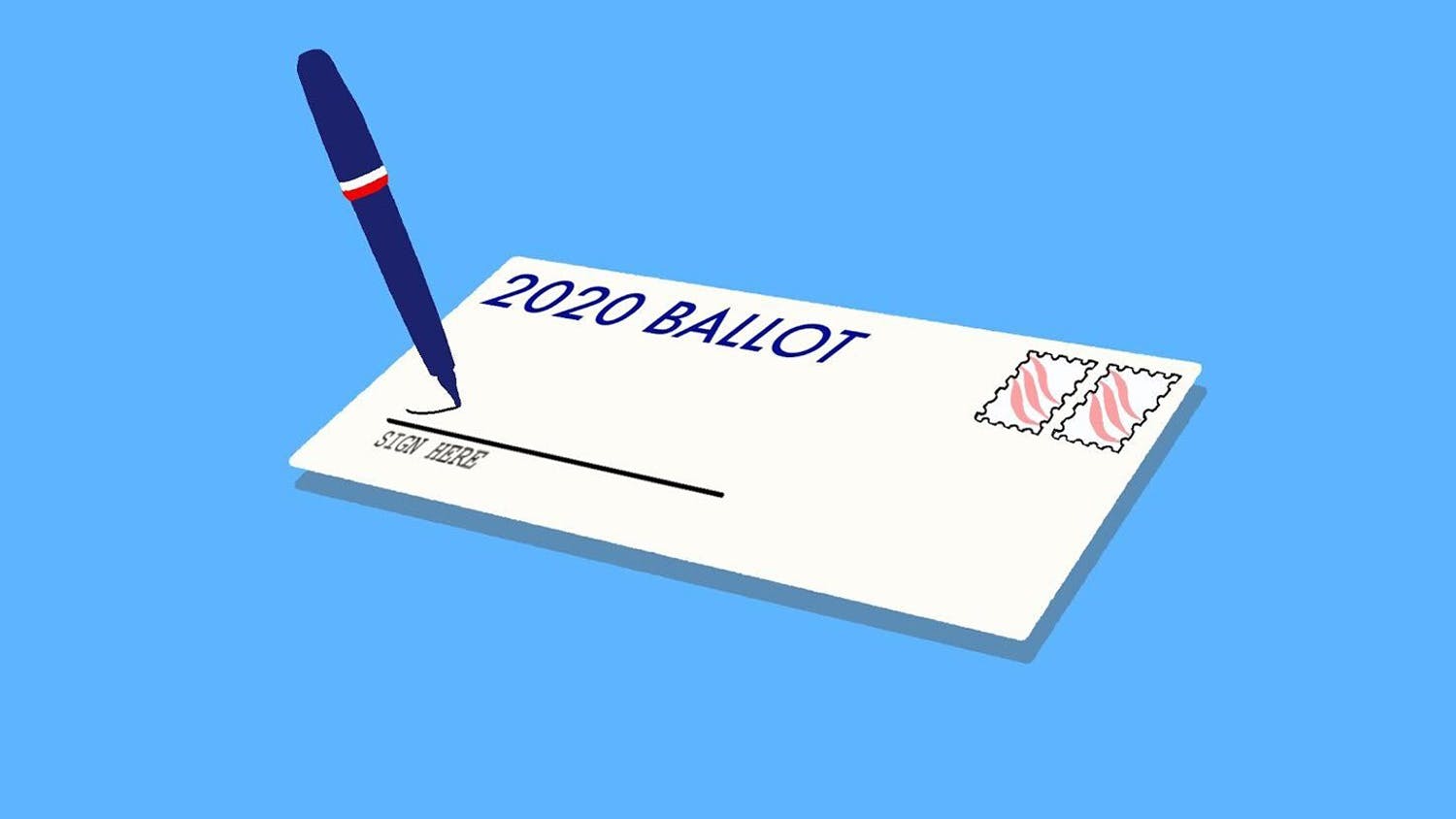The end is here. Over 93 million people have already voted, with tens of millions more still to vote tomorrow. And then comes the count. Due to the high proportion of mail-in votes, election-night calls of certain key states, such as Pennsylvania, are highly unlikely. I for one, will likely stay up watching results anyway, while others will make the wise decision to go to bed and check in the morning. But whether you're glued to CNN or waking up to a phone alert the morning after, there’s something likely to be missing from your radar — the results of local elections.
Voters across the country are making critical policy decisions through local elections, but by its nature, national media can’t give the necessary attention to the many thousands of races taking place. The issues you care about face key votes at the local and state level — including criminal justice, voting rights, green energy and education — and deserve attention, regardless of whoever may become president.
Portland, Maine is voting on whether to ban facial recognition technology by the police, and at least a half dozen major cities are deciding whether to approve or augment civilian oversight boards for police departments. Massachusetts is voting on whether to adopt ranked-choice voting, while North Carolina has an important race for Secretary of State. Voters in California must make a choice on the hotly contested Proposition 22, a precedent-setting proposal that would deny protections for gig-economy workers and which has been supported by a $200 million “yes” campaign funded by companies such as Uber, Lyft and DoorDash. Even state elections of this profile rarely make national headlines — how many of you from outside California have heard of Prop 22?
Nobody should be blamed for being less informed about local politics. With round-the-clock coverage and constant push updates, national news outlets are all-consuming by design, leaving local news outlets struggling to compete and leading to a vicious cycle where local issues increasingly lose salience. With less media coverage of local elections, turnout for those elections can dip, leading to even less coverage and worsening the problem.
We’re in a high-turnout presidential election, so local races also on the ballot will receive a turnout boost — and there’s a chance to break through the cycle of relentless national focus. Many voters simply want to hear about anything but the presidential election. American campaign seasons are uniquely long — Joe Biden has been running for president for over 18 months now — but local elections still fly under the radar. Though turnout for the 2018 midterms surged, local elections still suffered much lower turnout, even though mayors, city councils and ballot questions made a big impact on policy.
If, like the majority of Americans, you are worn out from election coverage but you still want to stay informed, diving into lower profile local results provides a perfect solution. Crucial decisions are still being made, just without the constant roar of punditry and polling. Admittedly, these lower-tier races often can feature little competition. In Grafton County, for instance, the races for sheriff and a half-dozen other offices are uncontested. But that doesn’t mean they should be — local sheriffs and prosecutors play a key role in setting criminal justice policy, and with more attention paid to their elections, there could be more competition in the future.
So, how should you go about finding information about local and state elections? Luckily, a few groups have already responded to this issue. “What’s on the Ballot” is an election cheat sheet with dozens of key local and state races. Vote411 allows you to enter your location and get a glossary of elections in your area, with information about each candidate as offered by their respective campaigns. Ballotpedia offers a similar service in its sample ballot lookup, which allows you to look at exact copies of what the ballot will look like in your area. The New York Times has compiled a database of reputable small news outlets, where you can find coverage of local races. And of course, local, county and state websites often host information and can be another good place to check for things like sample ballots and voter guides.
They’ll be no Wolf Blitzer to issue swing state projections, nor New York Times Upshot Needle to calculate win probabilities. But whichever way you choose to get the election results, make checking local races a part of your evening.


